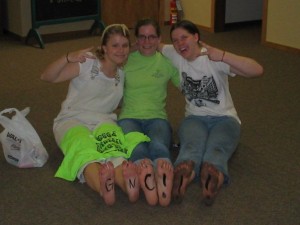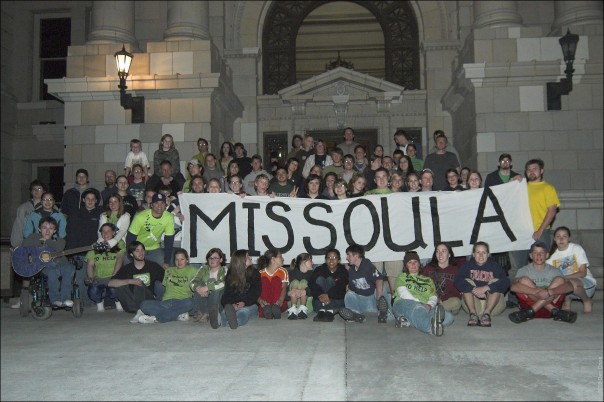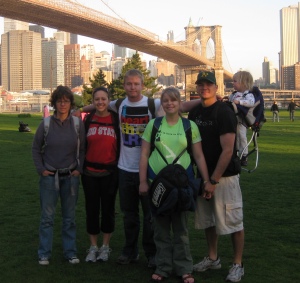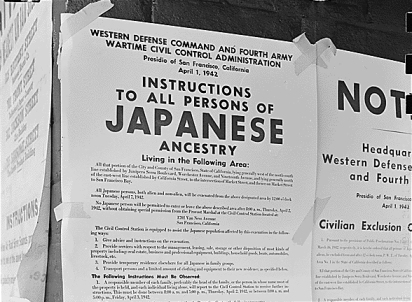I am a protestor. This is the first in a three part series outlining my thinking and position as it relates to racial injustice in our society and lamenting racial divisions within the Church. In observance of Martin Luther King Jr.’s birthday last Thursday (1/15) and this weekend’s observance of the Holiday set apart in honor of his legacy, Part One highlights Dr. King’s own words from a half century ago that still ring loudly in their call for freedom today.
I wrote these words for everyone who struggles in their youth, who won’t accept deception instead of what is truth. It seems we lose the game before we even start to play. Who made these rules? We’re so confused, easily led astray.
Sometimes it seems, we’ll touch that dream, but things come slow or not at all. And the ones on top, won’t make it stop, So convinced that they might fall.
Lauryn Hill “Everything is Everything” (1998)
On September 1, 1958, writing from New York City, Martin Luther King Jr. publishes “My Pilgrimage to Nonviolence” in the September issue of Fellowship, an abbreviated version of chapter six of his book Stride Toward Freedom. Citing Jesus in Luke chapter 4, Dr. King writes, “The Christian ought always to be challenged by any protest against unfair treatment of the poor, for Christianity is itself such a protest, nowhere expressed more eloquently than in Jesus’s words: ‘The Spirit of the Lord is upon me to preach the gospel to the poor; he hath sent me to heal the brokenhearted, to preach deliverance to the captives, and recovering of sight to the blind, to set at liberty them that are bruised, to preach the acceptable year of the Lord.’”
The Reverend continues, expanding on his long held deep concerns about the gap between superfluous wealth and abject poverty. Dr. King notes, “Capitalism is always in danger of inspiring men to be more concerned about making a living than making a life.” These words would be exponentially prophetic, especially highlighted by the needless death of Eric Garner over sales of loose cigarettes in Staten Island, New York on July 17, 2014 in which we became aware that the situation had escalated to one in which capitalism is now more concerned about protecting a living than taking a life.
Four and a half years later, on April 16, 1963, amidst an eight-day incarceration in Birmingham, Alabama for engaging in direct nonviolent protest, Martin Luther King Jr. pens an eloquent defense of work being done to advance Civil Rights and a stinging critique of the critical clergy who have failed to support the movement.
Dr. King gives the benefit of good will to his fellow clergy, but explains that their charges fall outside of the Biblical mission of Shalom, saying, “I cannot sit idly by in Atlanta and not be concerned about what happens in Birmingham. Injustice anywhere is a threat to justice everywhere. We are caught in an inescapable network of mutuality, tied in a single garment of destiny. Whatever affects one directly, affects all indirectly. Never again can we afford to live with the narrow, provincial “outside agitator” idea. Anyone who lives inside the United States can never be considered an outsider anywhere within its bounds.”
Dr. King’s appeal here lays the moral and ethical stare decisis for those listening to the Sprit’s prophetic voice to become involved in addressing injustice where they are able.
In his treatise from Birmingham, Dr. King expounds on the value of nonviolent protest explaining that the intent of such direct action is to create opportunity for negotiation, “to create such a crisis and foster such a tension that a community which has constantly refused to negotiate is forced to confront the issue. It seeks so to dramatize the issue that it can no longer be ignored.”
Is it possible that this is what theology looks like?
He continues, “privileged groups seldom give up their privileges voluntarily… We know through painful experience that freedom is never voluntarily given by the oppressor; it must be demanded by the oppressed. Frankly, I have yet to engage in a direct action campaign that was “well timed” in the view of those who have not suffered unduly from the disease of segregation.”
For Christ followers, especially those like me who enjoy asymmetrical power and unmerited privilege in our culture based on gender and race inequality, the challenge is to look to Jesus’ example of a King voluntarily stepping down from His throne and to ask myself if I am willing to pay the same severe price of such a costly interruption.
After outlining a multitude of the inhuman offenses of the racism which he suffered, Dr. King makes a plea that, “when you are harried by day and haunted by night by the fact that you are a Negro, living constantly at tiptoe stance, never quite knowing what to expect next, and are plagued with inner fears and outer resentments; when you are forever fighting a degenerating sense of “nobodiness”– then you will understand why we find it difficult to wait… One has not only a legal but a moral responsibility to obey just laws. Conversely, one has a moral responsibility to disobey unjust laws.”
Our brother and hero in the faith then shares his broken optimism lamenting the racial divisions in God’s church, “I suppose I should have realized that few members of the oppressor race can understand the deep groans and passionate yearnings of the oppressed race, and still fewer have the vision to see that injustice must be rooted out by strong, persistent and determined action.”
“When I was suddenly catapulted into the leadership of the bus protest in Montgomery, Alabama, a few years ago, I felt we would be supported by the white church. I felt that the white ministers, priests and rabbis of the South would be among our strongest allies. Instead, some have been outright opponents, refusing to understand the freedom movement and misrepresenting its leaders; all too many others have been more cautious than courageous and have remained silent behind the anesthetizing security of stained glass windows.
In spite of my shattered dreams, I came to Birmingham with the hope that the white religious leadership of this community would see the justice of our cause and, with deep moral concern, would serve as the channel through which our just grievances could reach the power structure. I had hoped that each of you would understand. But again I have been disappointed.
In the midst of blatant injustices inflicted upon the Negro, I have watched white churchmen stand on the sideline and mouth pious irrelevancies and sanctimonious trivialities. In the midst of a mighty struggle to rid our nation of racial and economic injustice, I have heard many ministers say: “Those are social issues, with which the gospel has no real concern.” And I have watched many churches commit themselves to a completely other worldly religion which makes a strange, un-Biblical distinction between body and soul, between the sacred and the secular.”
The temptation is to say that things have changed; that Dr. King’s “Dream” was eventually realized and that a post-racial society has been achieved over the course of the last half-century. That simple academic knowledge of the Bible is we need to make things right. This would make me feel better. Allow me to discount the narratives that do not fit my worldview. But if we are willing to listen to our brothers and sisters of color, to hear the minority report, we find an entirely different story altogether.
Is it possible, as comedian Chris Rock recently pointed out to Frank Rich of New York Magazine, “When we talk about race relations in America or racial progress, it’s all nonsense. There are no race relations. White people were crazy. Now they’re not as crazy. To say that black people have made progress would be to say they deserve what happened to them before. So, to say Obama is progress is saying that he’s the first black person that is qualified to be president. That’s not black progress. That’s white progress. There’s been black people qualified to be president for hundreds of years.”
Is it possible some of us just discounted the above statement because it came from a comedian and used that as an excuse not to hear the experiences and wisdom that could be gleaned from hearing a black man out?
Regardless of what you have come to believe about the character of Michael Brown following the tragic untimely end to his young life, are we willing to hear the anger and distrust of the Ferguson community? Even if it costs us something?
After a sixth bullet struck Michael Brown he fell facedown onto the double-yellow lines of Canfield Drive. Mr. Brown’s blood began to run in a small river down the pitched road. His body lay prostrate in forced submission to the police where he remained, at least partially uncovered and in view of neighborhood residents and onlookers for four and a half hours. In the aftermath, a 21 year old Ferguson resident, Alexis Torregrossa, told the St. Louis Post-Dispatch, “They shot a black man, and they left his body in the street to let you all know this could be you. To set an example, that’s how I see it.”
Do we have ears to hear Ms. Torregrossa? If so, we must acknowledge that we have more work to do. Work that starts with listening, not to why all lives matter, but to how and why for so long the lives of black people have been placed at such a grave discount.
Are we willing to listen?







